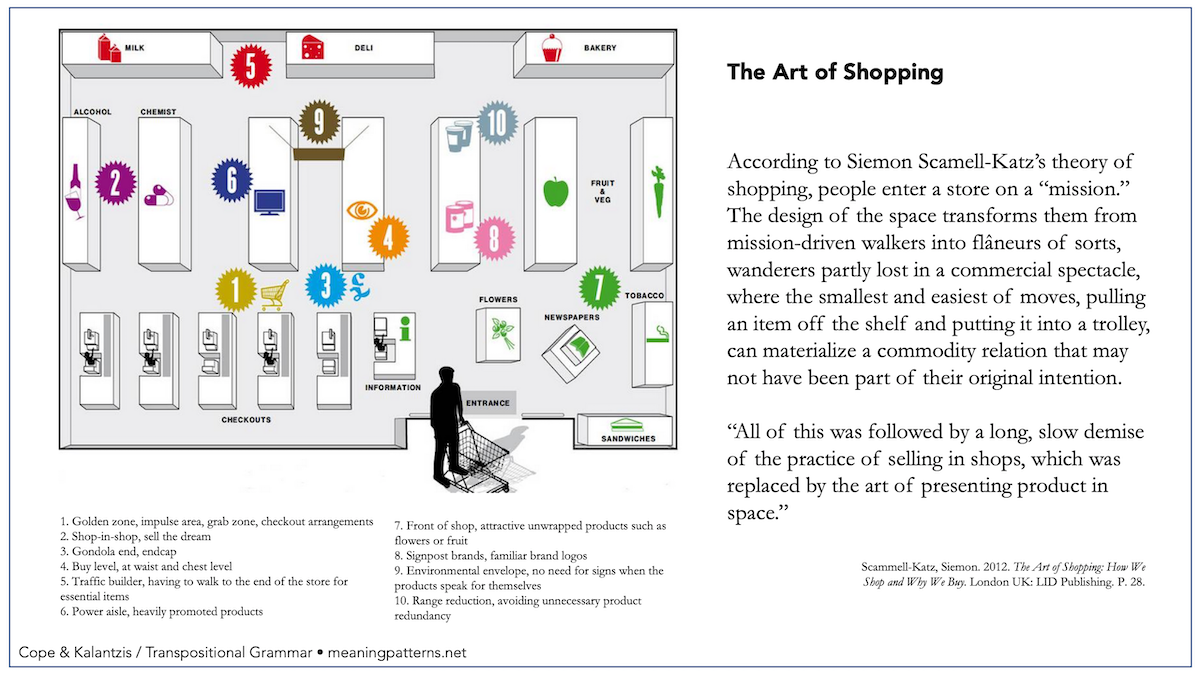
Her role and contributions became known later and were honored by the American Philological Association (now Society for Classical Studies) which awarded her the Distinguished Service Award in 1999. Marianne McDonald, whose generous gift of $1-million made this ambitious undertaking possible, insisted on anonymity until her graduation from the University of California and attended the conference as a member of the Classics department. Brunner, chair of Classics at the time, was named first TLG Director, a position he held for almost 25 years. Aldrich (seen in this photo sitting by the window) also attended the Conference. Packard (UCLA), Jaan Puhvel (UCLA), Bruno Snell (University of Hamburg), Stephen Waite (Dartmouth College) and the Classics faculty at UC Irvine, most notably, Peter Colaclides, Theodore Brunner and Luci Berkowitz. Grube (Trinity College), Albert Henrichs (Harvard University), Charles Murgia (UC Berkeley), Brooks Otis (University of North Carolina, Chapel Hill), David W. The conference was attended by Winfried Buehler (University of Hamburg), Aubrey Diller (University of Indiana), Wilhelm Ehlers (TLL in Munich), G.M.A. It was described as "a lexicographical work which will collect, sort, and identify every single word extant in ancient Greek literary and non-literary documents."

The exact scope of the project had not been defined until then. Classicists from Europe and the US were invited to attend and offer advice on a number of questions such as the chronological scope of the project, the selection of appropriate text editions, policies to be followed regarding digitization, and so on. So, it was the advent of modern technology and a young classicist's search for "terms of happiness" that provided the catalyst and impetus for the creation of the electronic thesaurus, namely the TLG, fittingly named after its Renaissance predecessor.įirst Planning Conference The Project was officially established on October 30, 1972, the date of the first TLG Planning Conference. Being the daughter of Eugene McDonald, founder of the Zenith Corporation, she also understood the potential of technology and how it could transform her field. Marianne McDonald, a student of Snell's, was well aware of the challenge. Subsequent efforts, most notably one undertaken in the 1950s by Bruno Snell at the University of Hamburg, were also abandoned. The sheer volume of materials, however, and the cumbersome methods of gathering data manually was so overwhelming that the project was abandoned for many decades.


In the late 1800's the discovery of thousands of new papyri in Egypt and the rise of modern textual criticism motivated European scholars to undertake the creation of new lexica for Greek and Latin. During the 16th century, Henri Estienne (Stephanus), a French scholar and printer, produced a sizable lexicon known as the Thesaurus Graecae Linguae. The creation of the TLG came at the end of a long tradition of scholarly efforts to systematically collect and preserve extant Greek literature. The concept was extraordinary since no one until then had considered the marriage of Classical scholarship with the rapidly emerging new technologies. In 1971 Marianne McDonald, then a graduate student in Classics at the University of California, Irvine, motivated by her dissertation research on "terms of happiness" in Euripides, proposed the creation of a computerized databank of Greek Literature. The Thesaurus Linguae Graecae® or "Treasury of the Greek Language" was conceived and initially funded by Marianne McDonald. Searching for Terms of Happiness: How the TLG® Was Born


 0 kommentar(er)
0 kommentar(er)
